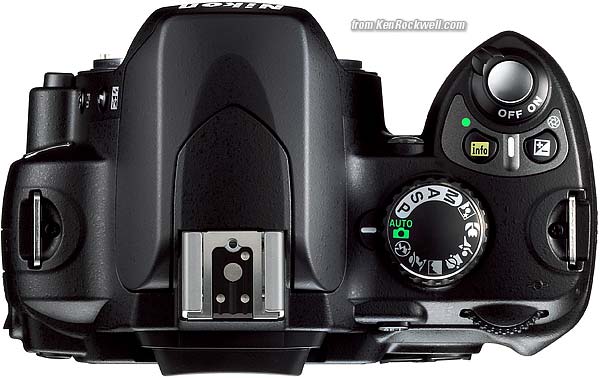- Messages
- 197
- Edit My Images
- Yes
I've just started into the world of D-SLRs, hence new to this place. I've been advised to get a UV filter just as a protection against scratching the actual lens.
I've been poking about here without posting and i'm really taken with the prolonged exposure stuff. After playing with the camera today, it's clear i need a filter as they came out over exposed despite the settings. Any recommendations?
Its a Nikon D80 with the stock 18-135mm lens.
Thanks in advance
I've been poking about here without posting and i'm really taken with the prolonged exposure stuff. After playing with the camera today, it's clear i need a filter as they came out over exposed despite the settings. Any recommendations?
Its a Nikon D80 with the stock 18-135mm lens.
Thanks in advance

